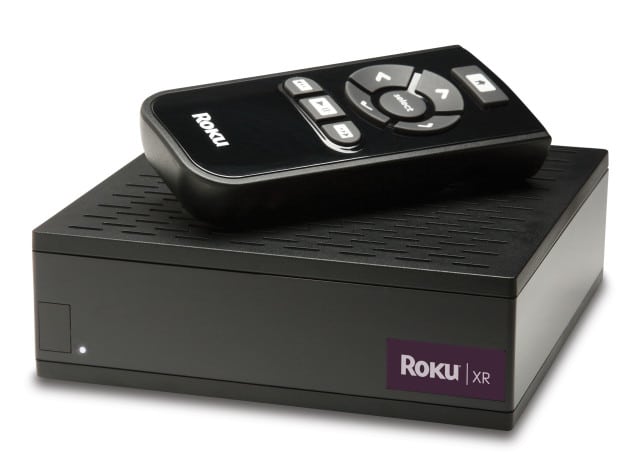
Internet TV box service Roku is prepared to take on a big and high-risk new investment to support its international ambitions.
It is aiming to raise up to $50 million by this summer to go to the UK, France, Germany and the Far East – more than the $32.5 million it had raised to date since 2008, the firm tells Reuters.
Roku already brought its HD box, which takes online video services to TVs via WiFi or Ethernet, to the UK and Ireland in January, via Amazon.co.uk at £99.99, while its cheaper, £49.99 SD box is “coming soon”.
Just like Netflix (NSDQ: NFLX), which expects to make losses while investing in international roll-out, Roku’s is likely to be costly, majoring on content acquisition and marketing. The box is a relative unknown outside the U.S..
It is competing with Boxee, which began European availability a year ago; with the Apple (NSDQ: AAPL) TV box, which lags behind upstarts because it has no broadcaster content deals; and with game consoles, which increasingly offer similar services.
But each of the box candidates is vying with a growing plethora of others, including YouView, a UK IPTV VOD venture which will become powerful in time because it is jointly broadcasters themselves. Connected TVs are already shipping with similar content line-ups to all of the above, minus the box.
Connected TVs are so far not widely adopted. That gives Roku and its peers a possible window of opportunity. Naturally, Roku is courting pay-TV providr BSkyB (NYSE: BSY), which will this summer launch its channels over IPTV without satellite subscription and with flexible payment options. Such boxes could be carriers for that offering as well as others.
But all the competition makes such a large investment a risky one. The rewards may be large, if internet TV box services can crowbar themselves a space in to market that is dominated by broadcasters, pay-TV operators and television manufacturers.
“We want to make sure we win because there’s not going to be a lot of winners,” CEO Anthony Wood tells Reuters.